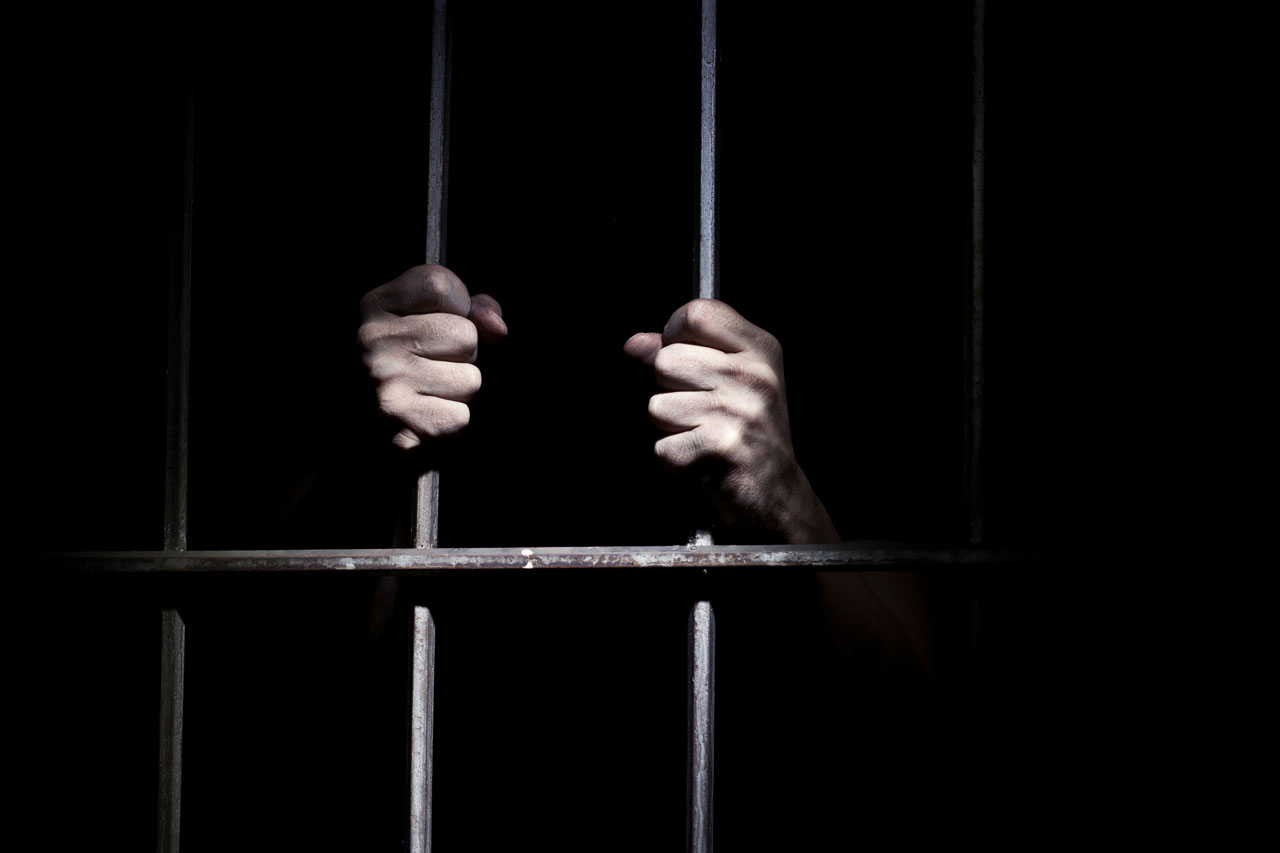What do the biblical figures Joseph, Daniel, Paul, Peter, the thief on the cross and the Lord Jesus Himself have in common? Each of these spent time under arrest or in prison.
According to recent statistics, there are reportedly more than 28,000 people in Oklahoma who reside in prison, sharing that distinction with these biblical figures. While these men and women are not necessarily saints of the faith or even wrongly imprisoned—indeed, many have committed some of the most heinous of crimes—they, nevertheless, are real people, not just statistics.
During this legislative session, Oklahoma policy makers are spending a significant amount of time talking about corrections, crime and prison reform. What the end result of this looks like, we do not yet know. Oklahoma has traditionally been considered a tough-on-crime state, one that highly considers the victim’s rights. That is sure to continue.
Whenever we talk about crime and punishment, people often fall into the trap of only focusing on justice or only focusing on mercy. In the Christian faith, meanwhile, we find the right balance of the justice of God and His mercy.
That is why you see Christians involved in every aspect of life related to crime. We fight for just laws that maintain property rights and punish murder, rape and so forth. We minister to victims of crimes and their families. We visit prisoners and share the Gospel with them.
Through our Southern Baptist Convention alone, we are having a consistent influence on the prison population. For example, our SBC chaplains minister to men and women in prison. Our churches participate in ministries such as Angel Tree, which reaches out to children whose parents are incarcerated.
Did you know the Baptist Messenger is made available to inmates as well on a weekly basis? Here are two excerpts from letters that came to the BGCO about the Messenger that underscore our shared ministry to them:
“I would like to thank you for sending me copies of the Messenger… (as) I am currently serving time in a Federal Institution and the Messenger is the one thing that I currently receive that ties me to Oklahoma and my church.” Another person wrote this, “Thank you sincerely for supplying me with your educational newspaper . . . as a broken person (who) has been overlooked by the world a lot.”
You can hear in their voices a longing to belong. Christ’s love compels us to pray for them, to remember them and, when possible, even visit them. Christ even went so far as to identify as the act of a saved person the visitation of the imprisoned.
In Matthew 25, it says: “Then the King will say to those on his right, ‘Come, you who are blessed by my Father; take your inheritance, the kingdom prepared for you since the creation of the world. For I was hungry and you gave me something to eat, I was thirsty and you gave me something to drink, I was a stranger and you invited me in, I needed clothes and you clothed me, I was sick and you looked after me, I was in prison and you came to visit me.’
“Then the righteous will answer him, ‘Lord, when did we see you hungry and feed you, or thirsty and give you something to drink? When did we see you a stranger and invite you in, or needing clothes and clothe you? When did we see you sick or in prison and go to visit you?’
“The King will reply, ‘Truly I tell you, whatever you did for one of the least of these brothers and sisters of mine, you did for me.’”
If Jesus self-identifies with the least of these, shouldn’t we, too?





